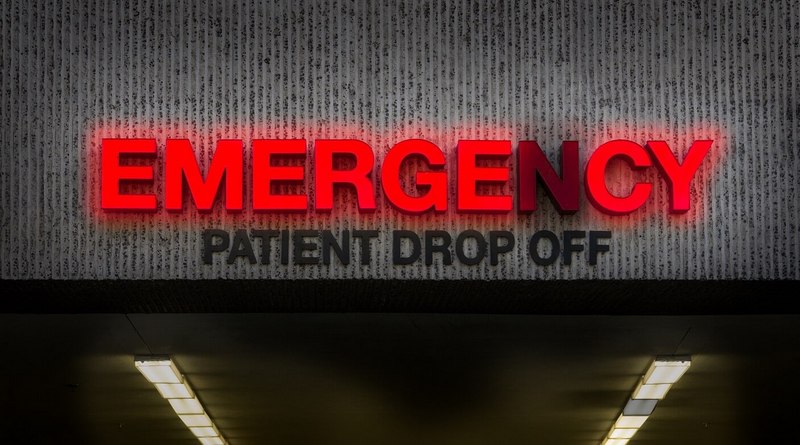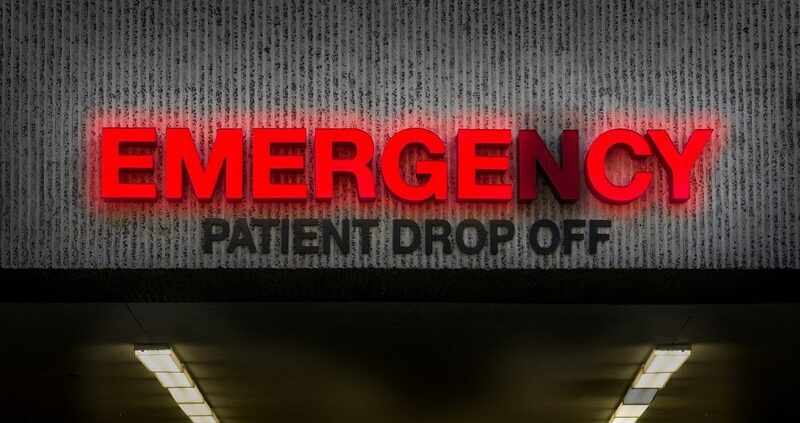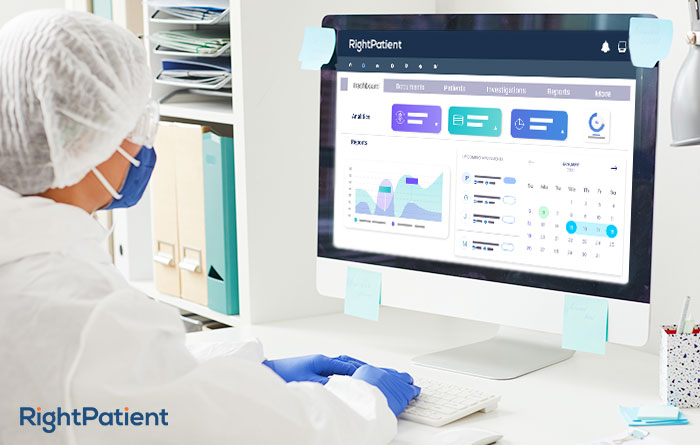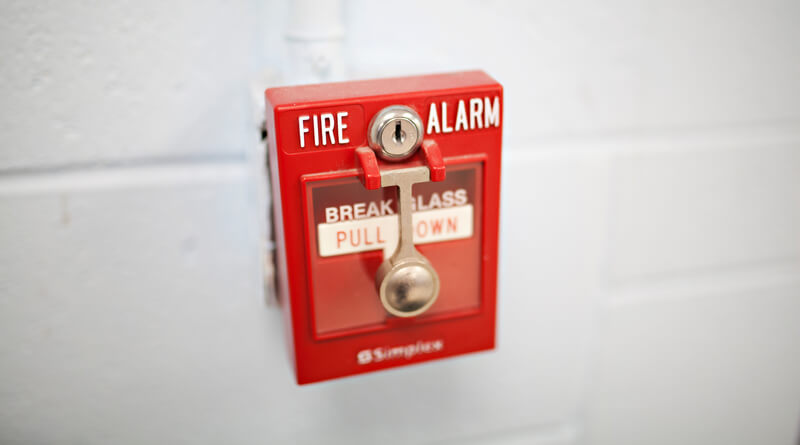Medical Identity Theft Stories are Common in Emergency Departments

Medical identity theft stories are quite common – many patients in the Emergency departments (ED) may suffer from it. Many healthcare providers are unaware of this growing concern. Verifying the identity of patients when they meet in the emergency room often reveals red flags, and this usually happens. Healthcare personnel, both within and outside of E.D., need to be trained regarding the precise signs of medical identity theft. They also need to activate institutional policies to prevent virtual offenders like these from engaging in further illegal activities.

What’s the reason for medical identity theft?
Healthcare institutions have been facing the growth of medical identity theft incidents. The perpetrators will try to use other individuals’ personal information, such as health insurance or social security number, without any acknowledgment of him/her. Most reasons for medical identity theft are receiving medical treatment and drugs, acquiring money by false claims of medical treatment, and fabricating medical records corresponding to those claims. These are the types of offenses that cause medical identity theft.
What’s the level of threat?
A survey conducted by the Federal Trade Commission ( FTC) showed that in 2005, 3% of all identity thefts, or 249,000 attempts, were related to medical identity theft. The Ponemon Institute conducted another assessment in 2013 and found that 1.84 million individuals were victims of medical identity theft. The identity theft rate in the emergency department may be higher as they are handling comparatively more patients, and such surveys do not show individual departments’ numbers.
Who are the victims?
Healthcare providers, payers, and many other several parties are impacted by medical identity theft. But the patients might be the most prominent victims in these offenses. Inappropriate treatment and use of drugs may lead to alarming incidents. This may also lead to financial burdens, as healthcare providers will bill actual medical identity holders or their insurance carriers for the treatments they did not receive.
A threatening story of Identity Theft
Some cases demonstrate common incidents at emergency medical departments, which eventually resurfaced as medical identity theft. The joint efforts of multiple healthcare associates, registration clerks, nursing staff, security officers, and physicians made it possible to discover the incidents. On the positive side, they managed to deal with these situations without compromising patient care, and they followed the Emergency Medical Treatment and Labor Act (EMTALA) regulations throughout the process.
A notable incident is that an 18-year old male came to the Emergency Department with a headache due to his fall twelve hours before reporting. Afterward, he was questioned by the hospital security manager and a local police officer, as he appeared to the Emergency Department without any personal identification and didn’t validate his identity to the nursing staff or registration clerk. Moreover, his signatures on the hospital’s standard financial agreement and patient identification form weren’t matching with signatures given on the previous encounter. After 13 days, he was prosecuted with the information obtained by hospital security for the felony of medical identity theft and insurance fraud.
Put an end to new medical identity theft stories
Emergency Departments play an essential role in the cure of patients’ diseases. Such crimes can reduce patients’ trust in the healthcare system. RightPatient can extinguish this risk with its biometric patient identification platform. It locks the medical records with biometric data of the patients. Once the patient registers biometric data such as irises or fingerprints, only patients who have been verified by biometrics can access the record, thereby avoiding the opportunity for medical identity theft. This also helps hospitals identify accurate patient records within seconds. RightPatient can also eliminate patient matching errors by ensuring precise patient identification – enhancing patient safety.









Leave a Reply
Want to join the discussion?Feel free to contribute!